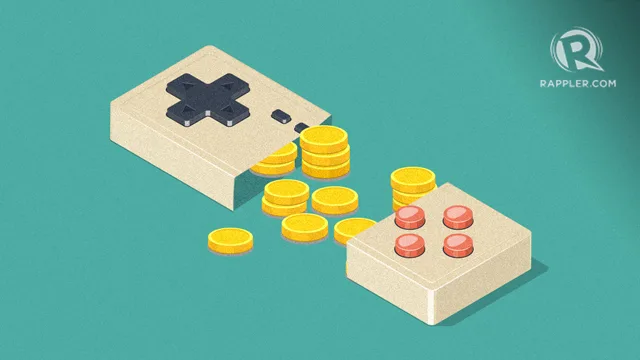How Microtransactions Are Ruining the Gaming Industry

Microtransactions have become a pervasive part of the contemporary gaming industry. For those unfamiliar with the term, microtransactions refer to small payments within a game that allow players to access additional content, such as new weapons, skins, and other upgrades. While microtransactions might seem innocuous, they represent a serious threat to the integrity and enjoyment of modern games. In this article, we’ll explore how microtransactions are reshaping the gaming industry and why they are a growing concern for gamers across the globe.
Quality Gameplay vs. Quick Profits
One of the primary problems with microtransactions is that they divert developer’s resources away from creating quality gameplay and towards developing ways of monetizing their games. For gamers, this means that many new titles suffer from design flaws, unbalanced gameplay, and unfinished content, all because developers are more focused on how they can maximize revenue.
Moreover, microtransactions are designed to be addictive. In many cases, players feel compelled to keep buying new content in order to stay competitive or unlock new features. This means that developers are more likely to design games specifically to encourage players to keep spending money than create genuinely enjoyable and compelling experiences.
Inequality and Unfairness
Another major issue with microtransactions is that they often promote inequality and unfairness within online gaming communities. As microtransactions often provide access to exclusive or rare content, players who cannot afford to spend money are often left at an inherent disadvantage. This creates a “pay-to-win” environment where players can effectively buy their way to the top of leaderboards, bypassing the need for skill or effort. For many gamers, this is hugely frustrating and undermines the spirit of fair and competitive gameplay.
The “Endgame” Problem
Finally, microtransactions can often spoil what is known as the “endgame” of a title. Many modern games are built around the concept of long-term engagement, where players are rewarded for sticking with the game over months or years. However, microtransactions undermine this sense of progress by providing shortcuts for players to reach the highest levels of achievement. This can lead to a lack of real satisfaction for players who have invested their time and effort in the game.






